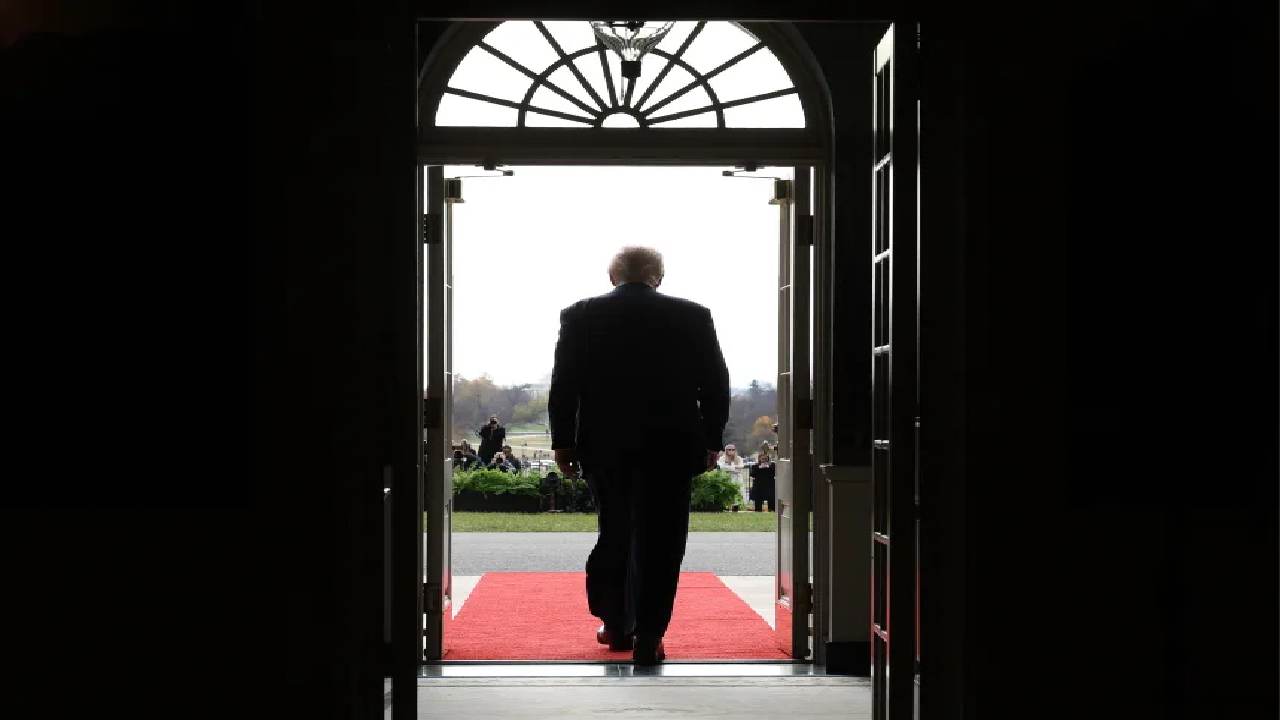Donald Trump Faces His Most Vulnerable Moment Yet as Congress Forces Epstein File Release
Ohana Magazine – Donald Trump is facing one of the most damaging political moments of his presidency after a stunning defeat in Washington. His attempt to slow down the release of Jeffrey Epstein–related files collapsed when Republicans in Congress joined Democrats and passed a bill demanding full disclosure. The vote moved at remarkable speed, leaving Trump with almost no room to maneuver. For a president who built his power on fear, dominance, and loyalty, this loss cuts deeply. It raises urgent questions about what he may want to hide. Trump and Attorney General Pam Bondi now stand cornered after promising transparency and then refusing to release the files. Their reversal fueled suspicion, weakened Trump’s influence, and triggered speculation that he is losing control of his own party. The moment marks a rare and public humiliation in Washington one Trump could not prevent.
Survivors’ Pressure Shifts the Spotlight Directly Onto the White House
The decision by Congress to force the release of the Epstein files is a major victory for survivors who have fought for years to be heard. Their campaign gained momentum this summer, and they refused to let the issue fade. As survivors spoke publicly about their trauma, political pressure intensified. This time, it reached Trump’s doorstep. The bill passed both chambers with overwhelming support, showing how fast political winds can shift. Survivors like Haley Robson welcomed the vote but stressed that trust is still broken. Their push now places the full weight of the controversy on Trump, who must decide what to reveal and when. Each delay deepens the question Americans are already asking: What information inside those files could damage the president? With Congress united and survivors demanding answers, Trump faces a storm he can no longer escape.
“Read More : On Epstein and Venezuela, Trump Tries to Rebrand“
The White House Struggles to Contain a Crisis of Its Own Making
Trump and Attorney General Bondi now confront difficult choices. The Justice Department could try to delay the release by citing ongoing investigations. But such a move would anger lawmakers and survivors, and it would keep the controversy alive for months. Another option is dumping thousands of heavily redacted pages, but that would likely fuel even more suspicion. A full release is equally risky, since documents may mention Trump’s past connection to Epstein. There is no evidence of criminal wrongdoing, yet the optics alone could be politically devastating. Trump has dismissed the uproar as a Democratic “hoax,” but emails already released by Congress include multiple references to him. Any effort to hide details will raise doubts about transparency, while releasing everything could weaken his presidency further. For Trump, every route forward carries political danger.
A Rare GOP Revolt Raises Questions About Trump’s Grip on Power
One of the most striking elements of this saga is the sudden willingness of Republican lawmakers to break ranks. Trump spent years shaping the GOP into a loyal force that rarely challenged him. That image cracked when the House and Senate ignored his attempts to block the bill. Even Speaker Mike Johnson’s last-minute resistance collapsed. Trump reversed his position only after realizing he could not win, revealing weakness that his party had rarely seen. With his approval ratings slipping and economic frustrations rising, cracks in his political armor are widening. Some Republicans already show signs of impatience with his leadership on other issues, including health care and spending. These shifts suggest Trump may no longer command total loyalty. For a president who depends on dominance, this moment signals a potentially deeper unraveling inside his own party.
“Read More : The Unshakable Rebellion: How the Anti-Trump Wave Is Redefining America’s Political Future in 2025“
Mounting Legal and Political Setbacks Add to Trump’s Troubles
The Epstein fight is only one part of a larger downturn for Trump. His poll numbers have fallen sharply, fueled by public frustration over the economy. A federal judge raised serious doubts about the Justice Department’s case against former FBI Director James Comey, a key Trump target. The Supreme Court questioned Trump’s tariff plan, and a federal court blocked Texas from using GOP-drawn maps he supported. Each setback chips away at Trump’s image as an unshakeable political force. Even some close allies, including Rep. Marjorie Taylor Greene, now criticize him openly. These signs show how quickly momentum can shift in Washington. Trump’s presidency is entering a volatile stage, and the Epstein controversy adds heat to an already difficult winter for the White House.
Survivors’ Voices Change the Narrative and Corner the President
The most powerful force in this story is not Congress or Trump. It is the survivors of Epstein’s abuse. Their voices have reshaped the debate and brought moral urgency to the political fight. Vigils, testimonies, and public pressure campaigns turned the release of the files into a national demand for accountability. Survivors like Jess Michaels described watching the 427–1 vote as a moment of recognition a message that lawmakers will no longer “stay silent about powerful predators.” Trump has long used claims of persecution to rally supporters, but that strategy will not work against survivors telling their stories. There is no evidence Trump committed crimes, yet his resistance to releasing the files has pulled him into the heart of a crisis filled with emotion, trauma, and public anger. The Epstein saga is no longer just a legal matter. It is becoming the issue that may define Trump’s presidency.













